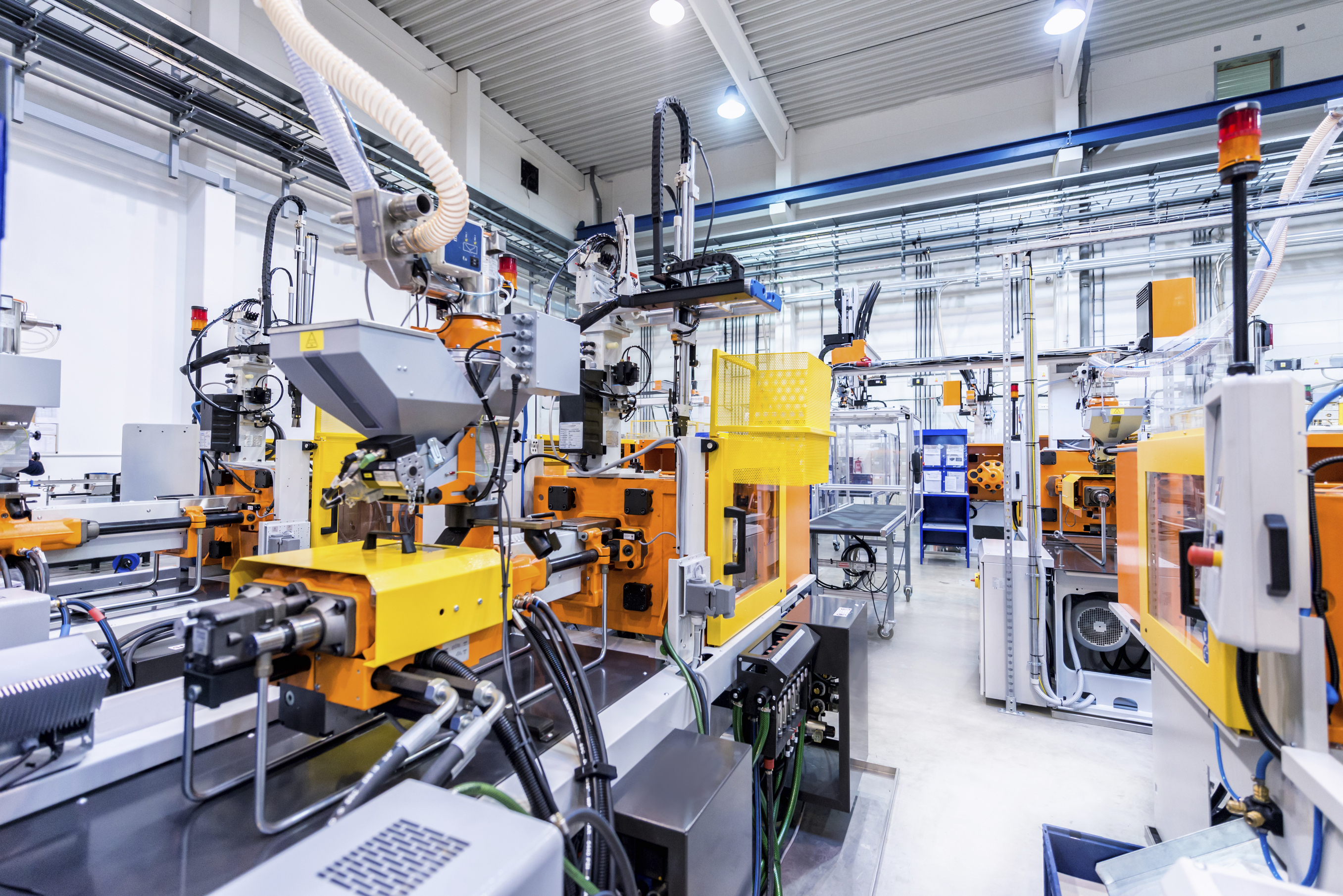UConn has been named part of a new national coalition to coordinate research and development in smart manufacturing and energy efficiency, and will play a leading role in those efforts in Connecticut.
The coalition, known as the Smart Manufacturing Innovation Institute, has been awarded $70 million from the U.S. Department of Energy that will be matched by private investments and is part of the administration’s effort to double U.S. energy efficiency by 2030.
The institute brings together nearly 200 partners from academia, industry, and non-profits to advance the development of smart sensors and digital process controls, and shift these technologies to manufacturers across the country. These emerging technologies can radically improve the efficiency of manufacturers, and the UConn team will share the advances with local companies.
“Our aim is to enable Connecticut businesses to have access to these technologies, and the training and resources necessary to deploy them,” says George Bollas, director of the United Technologies Corporation Institute for Advanced Systems Engineering.
UConn’s Institute for Advanced Systems Engineering, a member of Tech Park, will lead the activities of the Smart Manufacturing Institute in Connecticut, along with the Connecticut Center for Advanced Technologies and the United Technologies Research Center.
Smart manufacturing utilizes big data and network communications to increase the efficiency of manufacturing processes. A smart sensor network, deployed across the facility, gathers large amounts of data on the manufacturing processes. Big data analytical tools are then used to extract strategic information from the data. Process control algorithms interpret that data to better optimize the manufacturing processes.
Bollas says the institute has a strong focus on helping small and medium companies apply these resources.
“We’ll be actively looking for small and medium manufacturers that can serve as testbeds to deploy these sensors and energy optimizing strategies,” he says.
The Connecticut Center for Advanced Technologies will house a smart manufacturing testbed in its East Hartford facility to demonstrate how these technologies can be used. Participating businesses will also receive training in smart manufacturing concepts.
“The Smart Manufacturing Innovation Institute is a great example of the collaboration and innovation that UConn engineering is all about,” says Kazem Kazerounian, dean of the School of Engineering. “By pairing our faculty with industry partners in the collaborative Tech Park environment, we can help Connecticut manufacturers to improve their processes and become even more competitive in the global economy.”
The White House said in a press release that the U.S. manufacturing sector has added more than 800,000 jobs since February 2010, following a decade of decline. Gov. Dannel P. Malloy says the new institute should continue that trend.
“Advanced manufacturing is central to our economic success,” he said in a written statement. “This significant investment will no doubt bolster our aerospace, shipbuilding, and energy sectors, and it will help businesses of all sizes move forward.”




